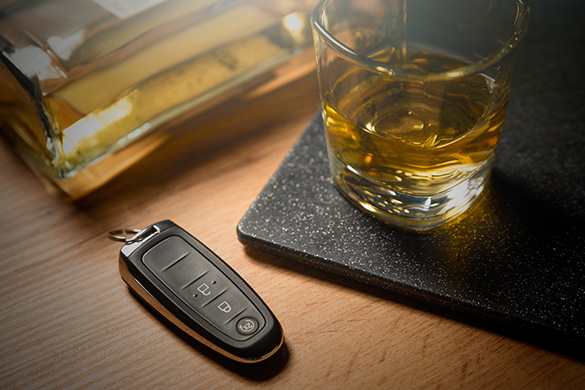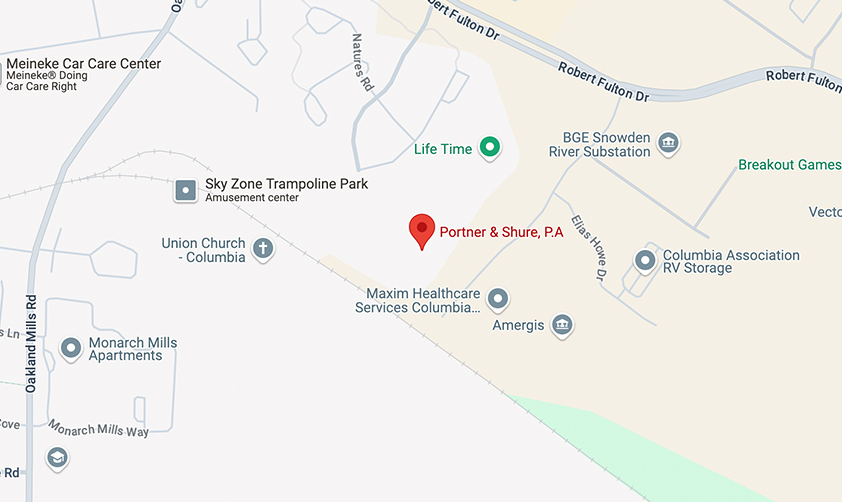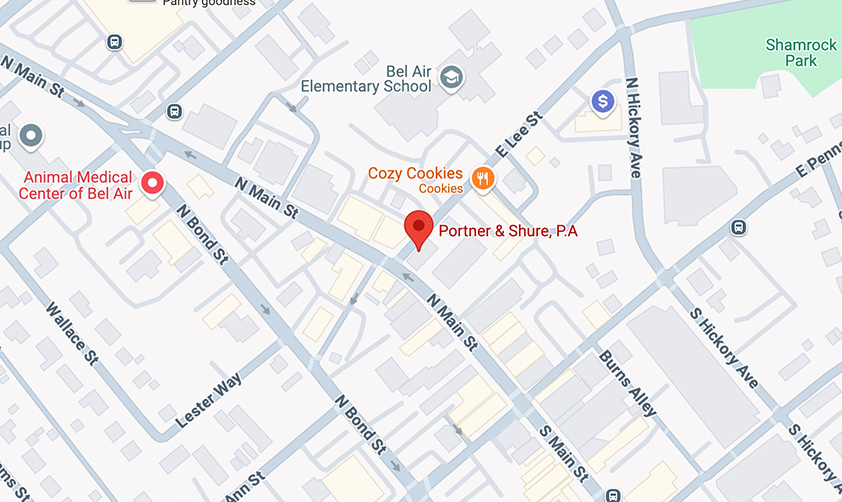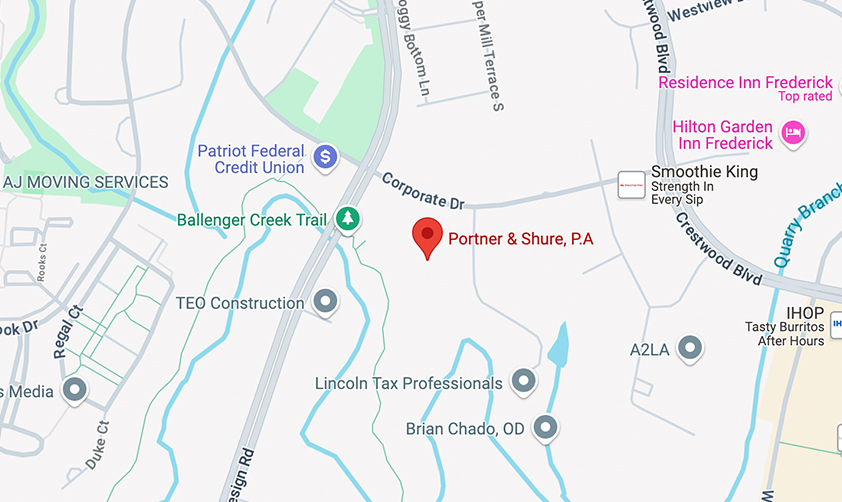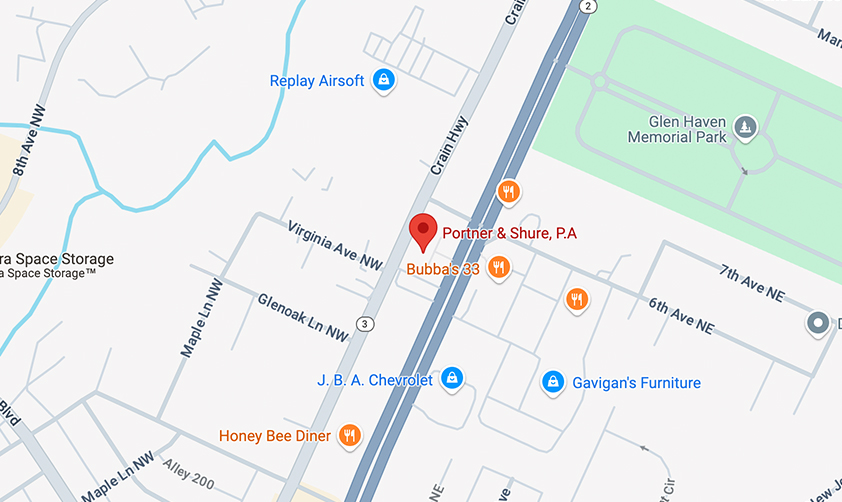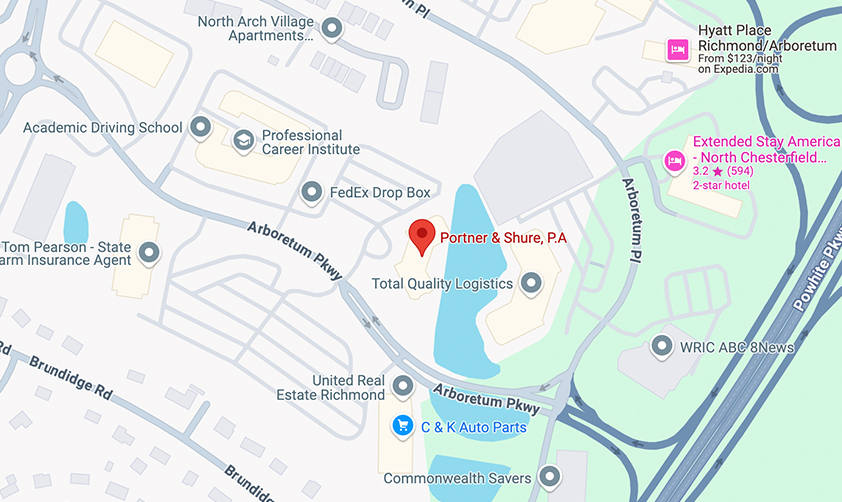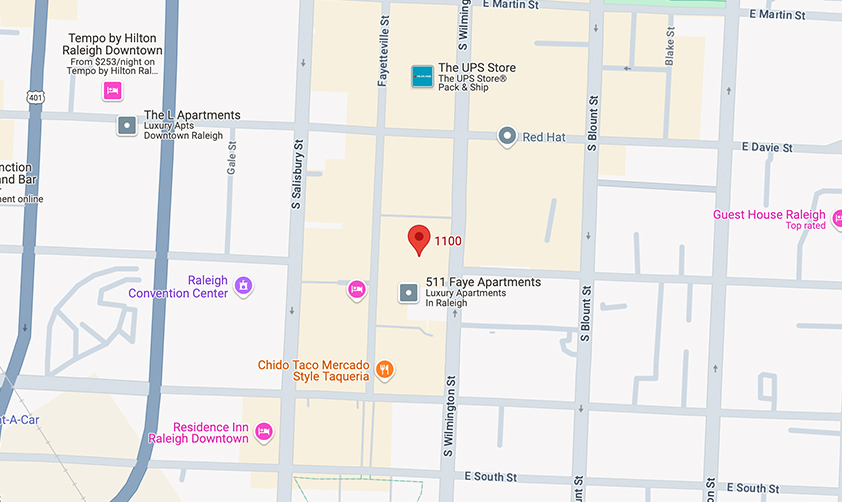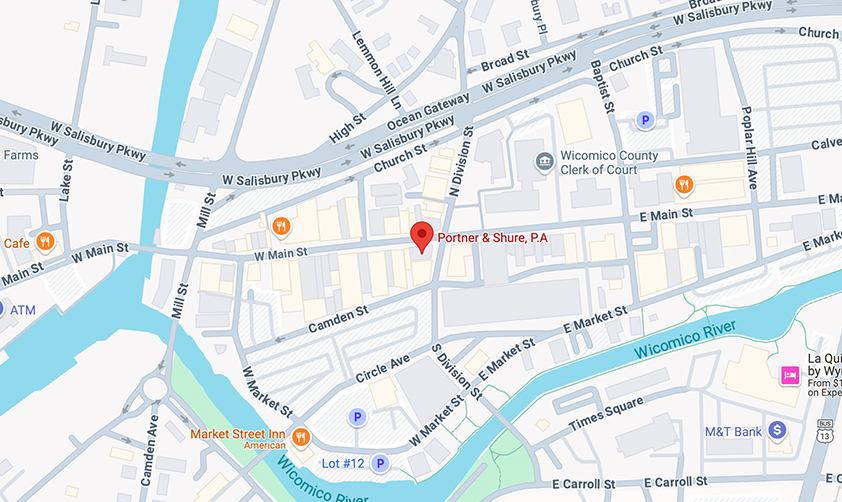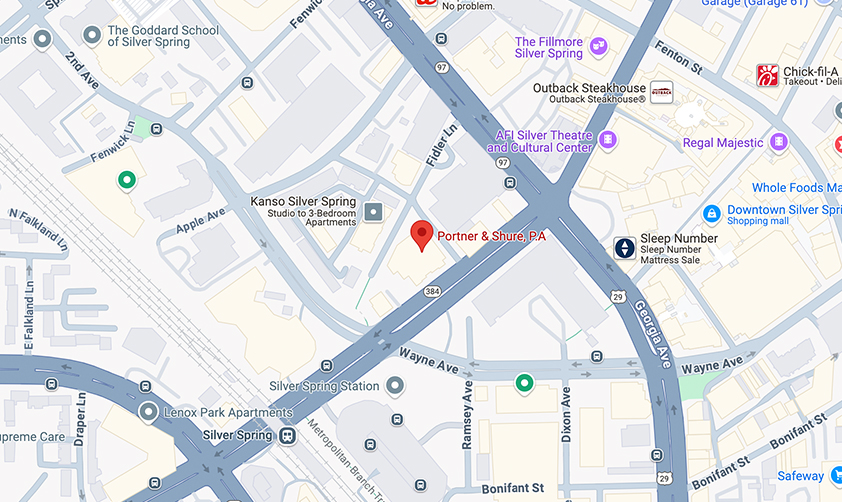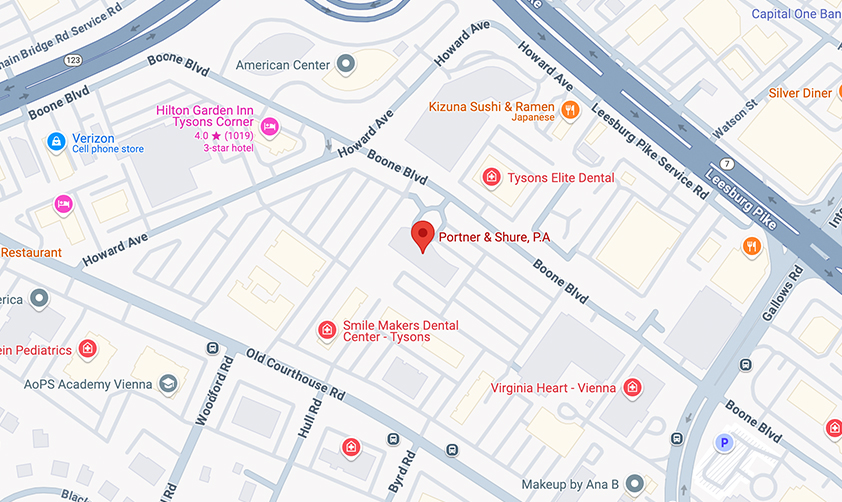Maryland is one of many states that has a "two-tiered" drinking and driving statute prohibiting two distinct levels of impairment. These two tiers are categorized by DUI or DWI, the difference between the two is a blood alcohol reading of 0.08% or 0.07%.
Driving Under the Influence of Alcohol: DUI
The more serious offense, codified in Transportation § 21-902(a)(1), is driving under the influence of alcohol, or what is commonly referred to as DUI. If the defendant submits to a police administered blood or breath alcohol test and the reading is 0.08% or higher, there is a permissive inference that the driver was under the influence of alcohol.
Driving under the influence is a statutory misdemeanor with a maximum penalty of one year in jail and/or a $1,000 fine. Motor Vehicle Administration penalties can include the imposition of 12 points and the possibility of a revocation of the driver's license or privilege to drive.
Driving While Impaired by Alcohol: DWI
The lesser offense, codified in Transportation § 21-902(b)(1), is driving while impaired by alcohol, or what is commonly referred to as DWI. Where there is a blood or breath alcohol test that results in a blood alcohol reading of 0.07%, it is considered prima facie evidence that the person is impaired by alcohol. Driving while impaired is a statutory misdemeanor with a maximum penalty of two months in jail and/or a $500 fine. Motor Vehicle Administration penalties can include the imposition of eight points and the possibility of a suspension of the driver's license or privilege to drive.
There is a common misconception that DWI stands for "driving while intoxicated" and is the more serious offense. This misunderstanding results from the fact that DWI once stood for "driving while intoxicated," but the nomenclature changed in 2001 when the legislature lowered the legal limit at which a person is presumptively guilty from 0.10% to 0.08%.
Driving Under the Influence of Alcohol Per Se
Under Transportation § 21-902(a)(2), in order to convict the defendant of driving under the influence of alcohol per se, the state must prove that the defendant: (1) was driving; and (2) submitted to a blood or breath test with a result of 0.08% or more at the time of testing. The maximum penalty for driving under the influence of alcohol per se is one year in jail and/or a $1,000 fine. Motor Vehicle Administration penalties can include the imposition of 12 points and the possibility of a revocation of the driver's license or privilege to drive.
Low Blood Alcohol Content or No Breath or Blood Test
If the defendant's blood or breath test is greater than 0.05% but less than 0.07%, there is no presumption that the defendant was driving under the influence or impaired by alcohol. If the test result is a 0.05% or less, there is a presumption that the defendant was not driving under the influence or impaired by alcohol.
In the absence of a breath or blood test, there must be some evidence that the defendant consumed alcohol prior to or while driving. Proof of this element can consist of evidence that a witness detected an odor of alcohol on the defendant's breath, slurred speech, red or glazed eyes, an open container in the vehicle, four or more clues out of six on the horizontal gaze nystagmus test, a statement by the defendant admitting to consuming alcohol, or other evidence tending to show that the defendant consumed alcohol prior to or while driving. Law enforcement has three standard field sobriety test used to determine whether a suspect is driving under the influence of or while impaired by alcohol. They include horizontal gaze nystagmus test, the walk and turn test, and the one leg stand test.
Refusal to Submit to a Breath or Blood Test for Alcohol
If an individual arrested for drunk driving refuses to submit to a breath or blood test for alcohol, that refusal is admissible at trial. However, a refusal to submit to the breath test at the scene of the arrest or the result of that breath test is not admissible at trial. Transportation § 27-101(x) provides that the state can seek an enhanced penalty where it shows the defendant "knowingly refused the test.” If the state gives proper notice of its intention to seek an enhanced penalty (5 days before trial in district court and 15 days before trial in circuit court) and proves beyond a reasonable doubt that the defendant refused a breath or blood test, there is an enhanced maximum additional penalty of two months incarceration and/or a $500 fine.
In addition, under Transportation § 16-205.1, the defendant's license will be suspended for 120 days for a first offense and one year for a subsequent offense. The defendant will be ineligible for modification of the suspension or issuance of a restrictive license unless the defendant participates in the Ignition Interlock System Program under Transportation § 16-404.1.
Second or Subsequent Offenses
- If a defendant is convicted under Transportation § 21-902(b) (driving while impaired by alcohol) and found to be a second or subsequent offender pursuant to Transportation § 27-101(f), that individual is subject to a fine of not more than $500 and/or imprisonment for up to one year.
- If a defendant is found to be a second offender after a conviction under Transportation § 21-902(a) (driving while under the influence of alcohol or driving under the influence of alcohol per se) pursuant to Transportation § 27-101(k), that individual is subject to a fine of not more than $2,000 and/or imprisonment for up to two years.
- If a defendant is found to be a third time or subsequent offender after a conviction under Transportation § 21-902(a) (driving while under the influence of alcohol or driving under the influence of alcohol per se) pursuant to Transportation § 27-101(k), that individual is subject to a fine of not more than $3,000 and/or imprisonment for up to three years.
- If the defendant is convicted of a violation of Transportation § 21-902(a) within five years after a prior conviction of § 21-902 pursuant to Transportation § 27-101(j), the defendant is subject to a mandatory minimum penalty of imprisonment of five days.
- If the defendant is convicted of a third or subsequent offense under Transportation § 21-902(a) within five years, the defendant is subject to a mandatory minimum penalty of imprisonment of five days.
- If a defendant is convicted of driving while license/privilege is canceled, suspended, refused, or revoked or fleeing or eluding police and found to be a second or subsequent offender pursuant to Transportation § 27-101(h) or (p), the defendant is subject to a fine of up to $1000 and/or imprisonment of up to two years.

